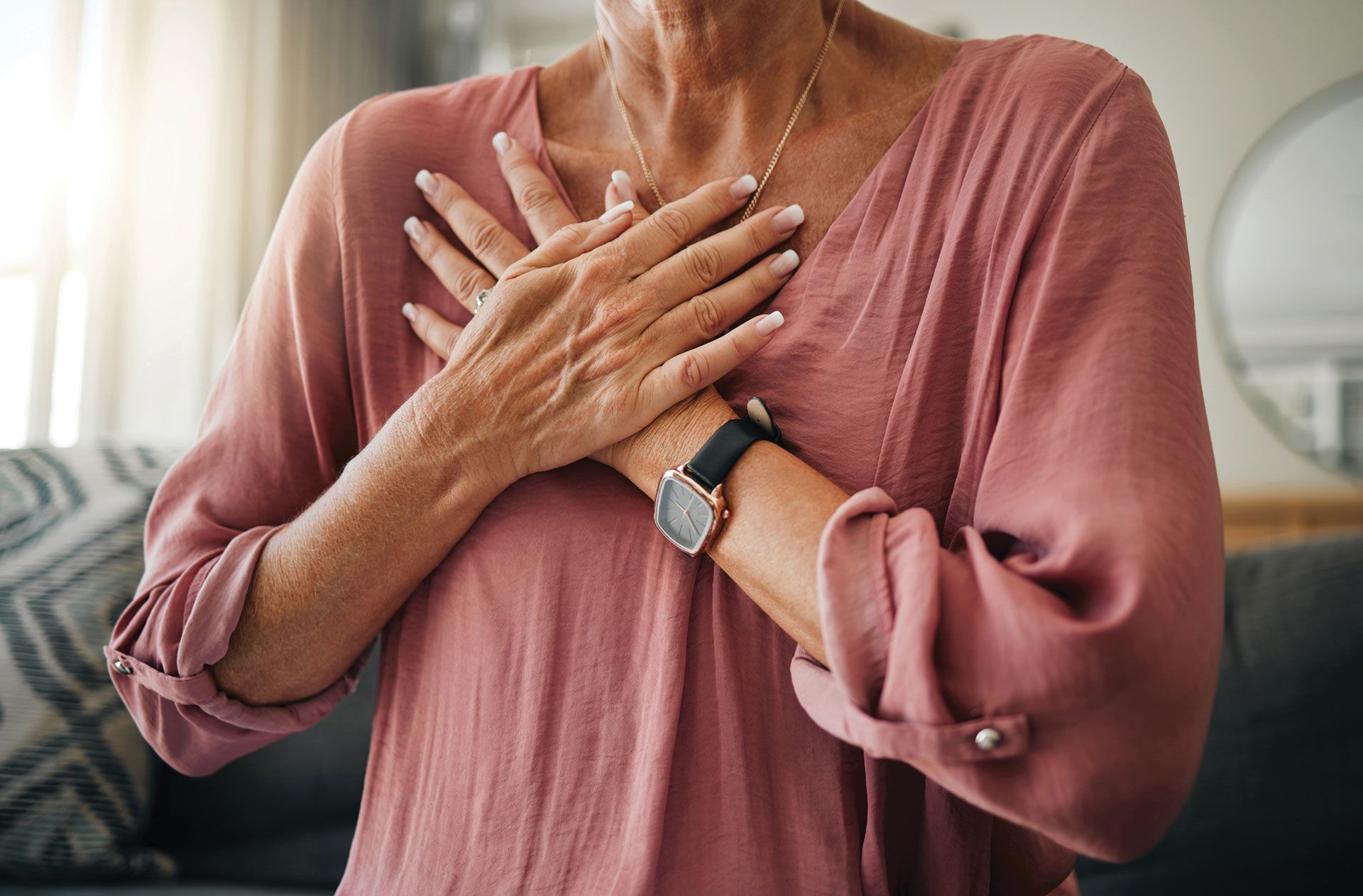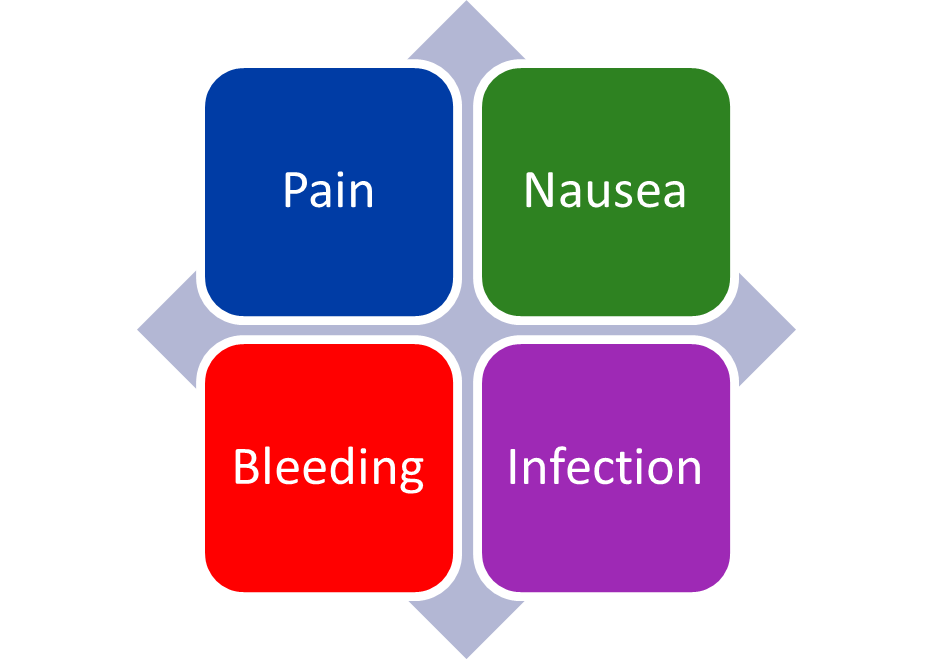Cardiac Ablation
Wound Care
- The day after your procedure:
- Remove the bandage at the site and gently clean with soap and water, and pat dry; leave open to air out
- You may shower
- Do not apply lotions, powders, ointments, or perfumes
- Check your groin every day. A small amount of soreness and bruising (black and blue) a bump smaller than a nickel is normal
- Do not soak your procedure site in water for 1 week (no baths, swimming, etc.)
Activity
Your procedure was done through the groin, for the next 7 days
- Limit climbing stairs
- No strenuous activity, pushing, pulling, or straining (especially during bowel movements)
- Do not lift anything more than 10 pounds
- You may resume sexual activity after 1 week, unless instructed otherwise
- Mild palpitations are normal.
Medication
- Please take your medications as explained to you (found on your discharge paperwork)
- If you have discomfort or soreness, take pain medication as explained at discharge
- Resume your oral anticoagulant, as prescribed by your doctor
Diet
- Follow the heart healthy diet recommended by your doctor
- For the next 24 hours:
- Stay at home and rest. Do not drive or operate machinery
- Do not drink any alcoholic beverages (beer, wine, or liquor)
- Do not make important personal or business decisions
- If you smoke, we recommend you quit. It will immediately improve your health. If you would like to let us help you live smoke-free, call the Center for Tobacco Control at (516) 466-1980
Side Effects
Pain
- You may have pain after your procedure at the puncture site
- Take pain medication as directed by your doctor
- Call your doctor if your pain is not getting better within 5 days or if it gets worse
- Prescription pain medication should be taken with food, and can cause constipation; an over-the-counter stool softener may be helpful
Nausea
- Anesthesia can upset your stomach
- Eat bland foods (Jell-O, crackers, toast) and drink ginger ale if you are nauseous
- Drink plenty of fluids, such as water or ginger ale
- If your have nausea or vomiting the day after your surgery or procedure, call your doctor
Bleeding
- You may have a small amount of oozing from your surgical or procedural site, this is normal
- Bruising and a small bump the size of a nickel is OK.
- Excessive bleeding at the site can be dangerous and should prompt immediate medical attention
Infection
- If you have any of the following signs of infection, call your doctor
- Redness, swelling, fever over 101 degrees, thick yellow/white drainage
Call Your Doctor
- If you have fast irregular heartbeats, severe pain, swelling, redness, heat or yellow drainage at the site or if you have fever or chills.
- You have rapid heartbeat or palpitations that cause lightheadedness; dizziness or a fainting spell
- If you experience difficulty swallowing or pain with swallowing
Call your doctor at the Cardiology Office at North Shore University Hospital at: (516) 562-2300
Follow-Up Appointment Information
You were scheduled for an appointment in 6 weeks
Call Your Doctor
- If you have fast irregular heartbeats, severe pain, swelling, redness, heat or yellow drainage at the site or if you have fever or chills.
- You have rapid heartbeat or palpitations that cause lightheadedness; dizziness or a fainting spell
- If you experience difficulty swallowing or pain with swallowing
Call your doctor at the Cardiology Office at North Shore University Hospital at: (516) 562-2300

Follow-Up Appointment Information
- You were scheduled for an appointment in 6 weeks


